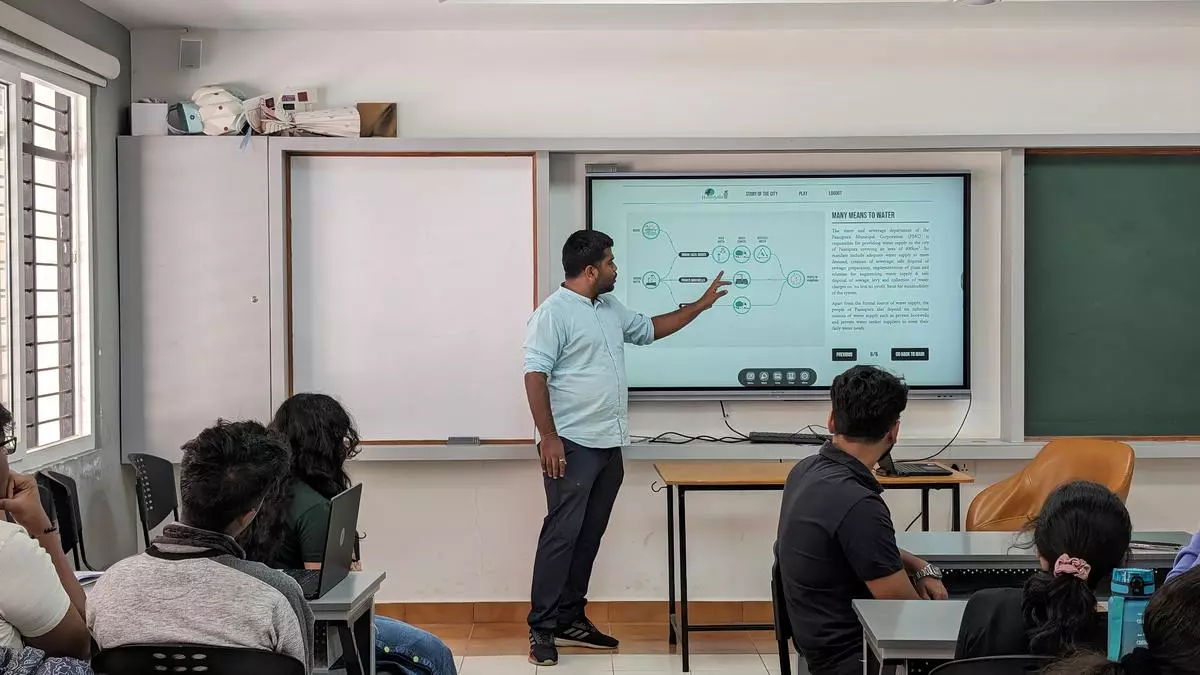Steel Ministry is eyeing possible “tweaks” in the production-linked incentive (PLI) scheme for speciality steel, with plans to broaden its scope and ease investment norms. Tweaks could be done either on the cap-ex requirements for companies or the inclusion of “value-added products”, something that the industry has sought, officials aware of the discussions told businessline.
Value-added products previously discussed, included wires, stainless steel components for select industries like defence, and so on. There is some discussion on including some green steel-making processes as part of the new PLI rules.
“Discussions are underway on how the scope of the PLI scheme can be broadened and made more attractive. During meetings with the industry, it has been referred to as PLI 1.1. Guidelines could be ready in the next few weeks,” one of the officials said.
Industry participants suggested that capex norms, wherein, only green-field investments were considered for PLI eligibility be “slightly relaxed”. Some participants advocated for the inclusion of “setting up of new product lines” – which is often considered brownfield expansion but is substantially capex intensive – as part of the scheme tweaks.
The Steel Ministry is yet to respond to queries from businessline.
Incidentally, the Steel Ministry notified the first PLI scheme for speciality steel in July 2021 with an expected outlay (disbursals by the Ministry) of around ₹2,500 crore lower than the planned ₹6,500 crore.
Investments So Far
As per the Ministry’s last review in October 2024 , investments under the PLI scheme amounted to ₹17,500 crore, with committed investments projected to reach ₹21,000 crore by FY25.
The first set of scheme benefit disbursals is expected in FY25, to the tune of ₹40-50 crore-odd. A second official said, there are few companies making alloy steels – around five – under the PLI scheme and the products have been brought on-stream.
“There have been delays in project implementation by companies primarily because of non-availability of visas for Chinese nationals and delays in getting equipment from vendors,” another official explained, adding that issues on visa and equipment availability delays have “now been resolved”.
Under PLI 1.0, of the 67 approved applications, 54 MoUs were signed, while 13 of the selected applicants were not on-boarded. Drop-outs happened for various reasons including changing demand patterns, high capex, delayed or non-availability of environment clearances, and land litigation.






Leave a Comment